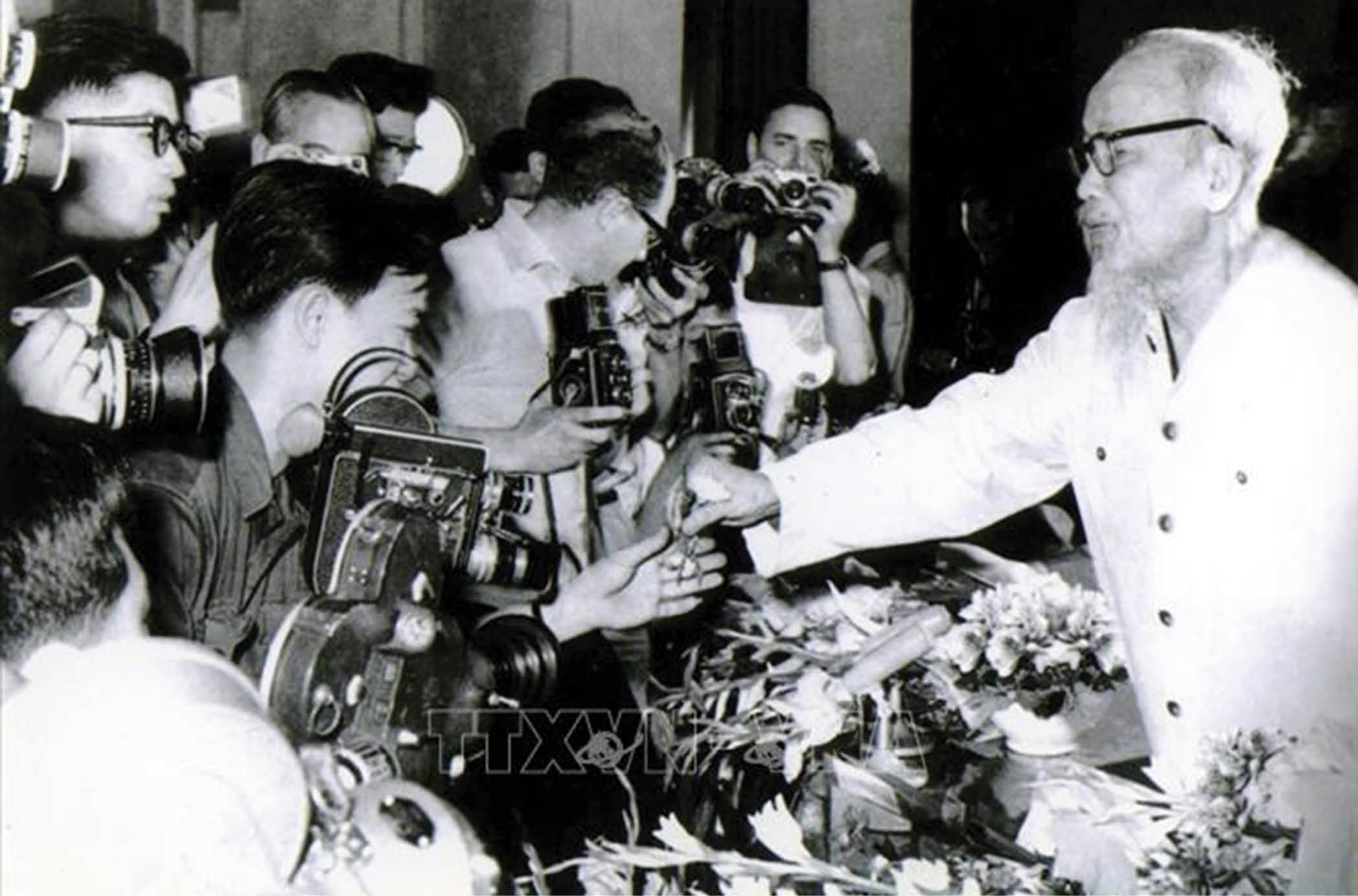 |
| President Ho Chi Minh meets with reporters from domestic and foreign press agencies in Hanoi (May 1968). Photo: VNA |
Must regularly cultivate ethics and practice professional skills
Since 1927, in the work The Revolutionary Path - which has become a national treasure, Nguyen Ai Quoc has stated 27 essential points about the character of a revolutionary. Although the use of words today compared to the language 100 years ago has had some differences, all of those points are still not "old". The moral and personality qualities of journalists are also included in those common points and, moreover, they also carry the requirements of specific public service/professional ethics.
President Ho Chi Minh often used the words Journalist and Journalist instead of Reporter. At the Third Congress of the Journalists Association on September 8, 1962, he emphasized: “Journalists are also revolutionary soldiers. Pens and paper are their sharp weapons. To fulfill their glorious duties, journalistic officials need to cultivate revolutionary ethics.”
In cultivating qualities, President Ho Chi Minh especially emphasized the virtues of diligence, thrift, integrity, uprightness, impartiality and selflessness. That is the goal of every patriotic Vietnamese person, but every cadre and party member is the one who needs to set an example first. For journalists, it is even more necessary because they also have to undertake the social functions of journalism. According to him, journalists need to help each other to self-criticize and criticize: “Criticism and self-criticism (italics in the original) are very necessary and sharp weapons, they help us correct mistakes and develop strengths. Because of skillful use of them, our Party and our people are increasingly making progress. The same goes for journalism. Criticism must be serious, certain, responsible, with evidence. Criticism must be sincere, constructive, “treating illnesses and saving people”. Do not criticize indiscriminately without taking responsibility”. That is an effective way to help journalists increasingly make progress.
New mission in new phase
In the famous work "Reforming the way of working" in October 1947, President Ho Chi Minh reminded: "In any circumstance, party members and cadres must always strive, work hard, and try to study to improve their cultural, intellectual and political level". Pioneering, modern and social critical spirit are the factors that determine the role of the press. The pioneering spirit originating from Thanh Nien Newspaper founded by Nguyen Ai Quoc has been promoted, spread and become a proud tradition of the Vietnamese revolutionary press. President Ho Chi Minh emphasized that the press, which belongs to the people and is for the people, plays a pioneering role in the cause of building and reviving the country. On June 9, 1949, he wrote in a letter to the journalism class of Huynh Thuc Khang: "The task of the newspaper is to propagate, agitate, train, educate and organize the people, to bring the people to a common goal".
Since the end of the 20th century, the rapid development of the internet, information technology and means of connection has created an increasingly large information society, making journalism diverse, multi-media and multi-type. The digital media environment has been creating increasingly strong possibilities for connection and interaction. This requires journalists to have a new level, a new adaptation to science, engineering and technology. Ho Chi Minh also anticipated these things very early. He advised: "The more society advances, the more work there is, the more sophisticated the machines are. If we do not learn, we will fall behind, and if we fall behind, we will be eliminated, we will eliminate ourselves." That is the training motto of Vietnamese journalists to increasingly perform the function of journalism that closely reflects life. Each article must crystallize the level, viewpoint and personal capacity and qualities, reflecting the personality of the journalist. According to President Ho Chi Minh's viewpoint, the personality of a Vietnamese revolutionary journalist is based on a solid foundation of personality and ethics of a revolutionary cadre, and on that are the requirements of professional ethics that must be strictly followed and practiced.
Strengthening the role of the press in monitoring and criticizing to create social consensus is an urgent issue, emphasized in modern society. Journalist Ho Chi Minh is an exemplary model of using the press as an important channel to grasp and respond to information from reality, thereby fulfilling the two social functions of the press: reflection and criticism. In the press, especially in Nhan Dan Newspaper, under the pen name CB, he often wrote many articles about good people, good deeds, and good practices. He pointed out what needed to be corrected in the activities of all levels, sectors, and localities.
The new tasks in the new period require journalists to practice in many aspects, to improve themselves to have enough heart, enough virtue, enough talent, and to perfect their personality to participate in contributing to the completion of the great goals of the nation. Ho Chi Minh's theses on the purpose, principles, role, and tasks of revolutionary journalism, on training, cultivating the ethics, qualities, and personality of revolutionary journalists still have an enlightening value for the Vietnamese revolutionary press. His example in journalism is still studied and enlightened for journalists today to follow. We do not forget the advice of Journalist Ho Chi Minh and his great example.
Source: https://huengaynay.vn/chinh-tri-xa-hoi/ghi-nho-nhung-dieu-nha-bao-lon-ho-chi-minh-can-dan-154727.html



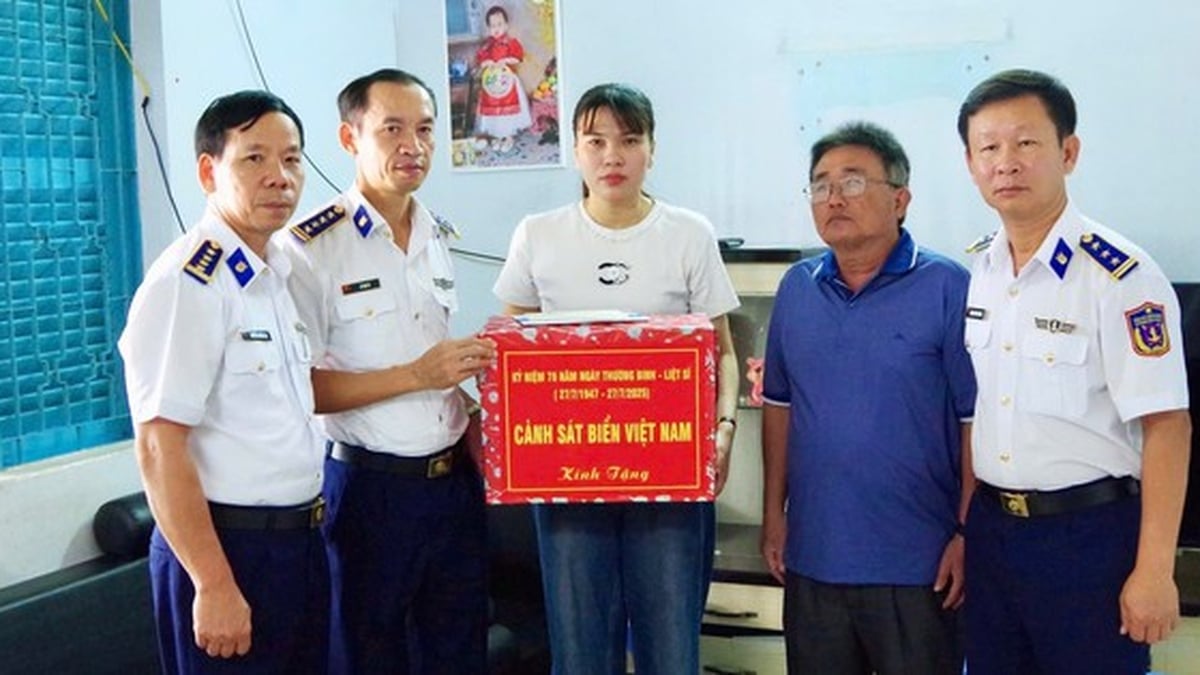

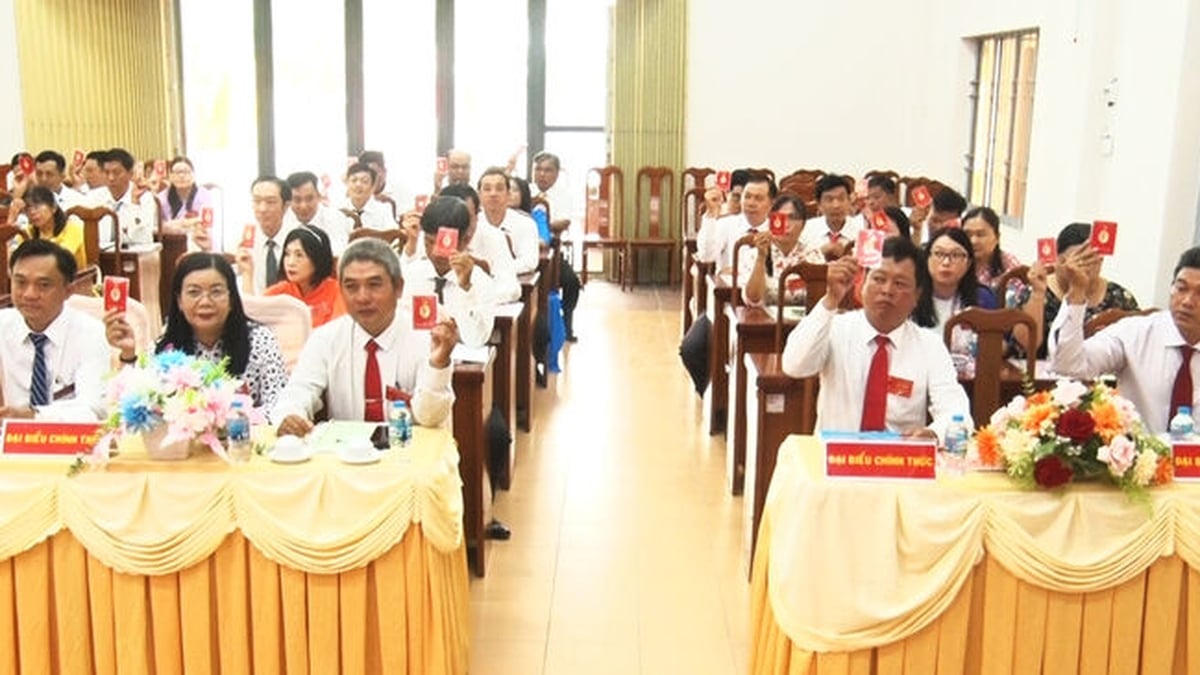
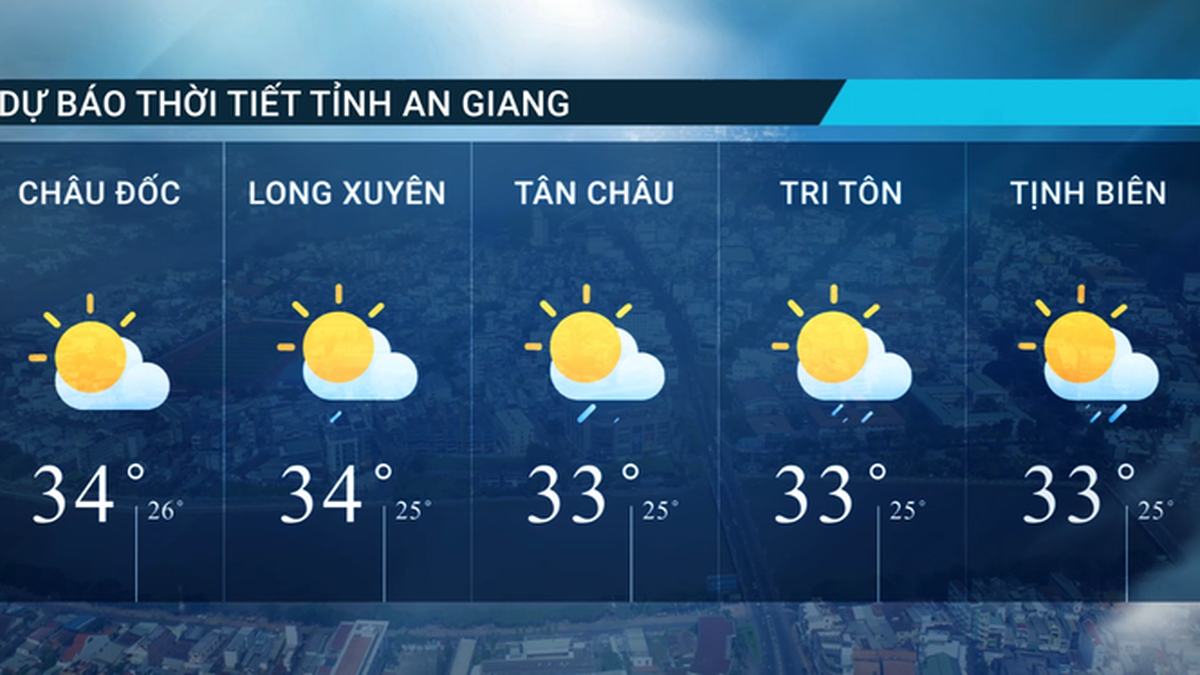
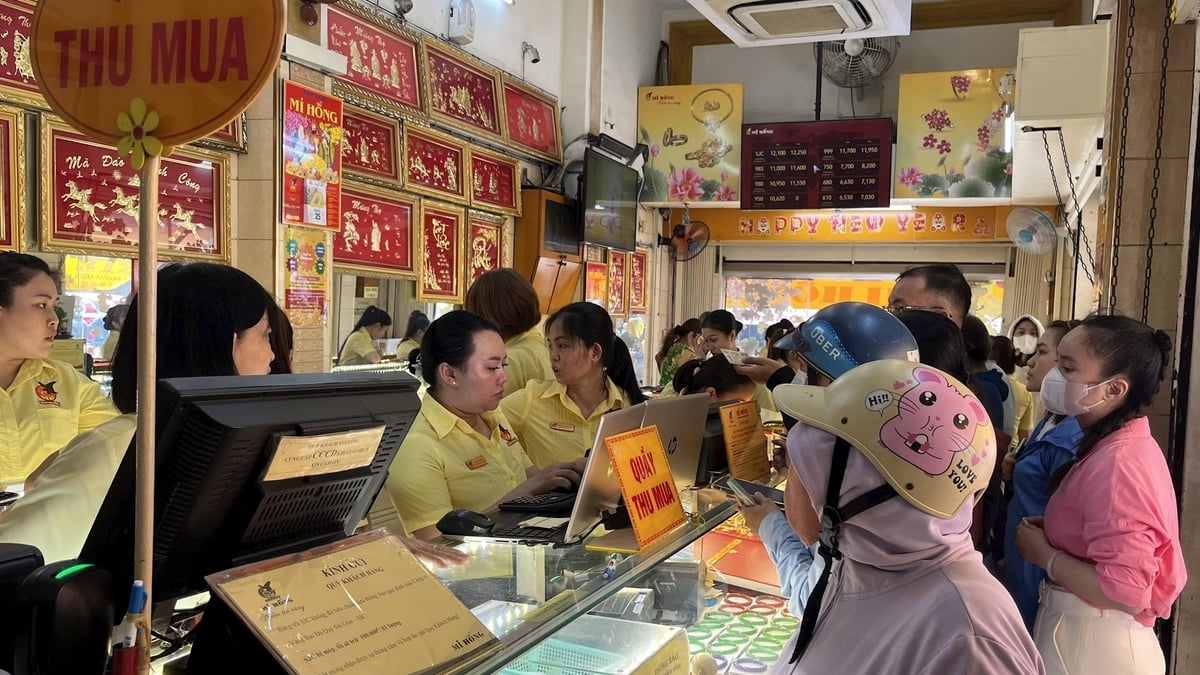

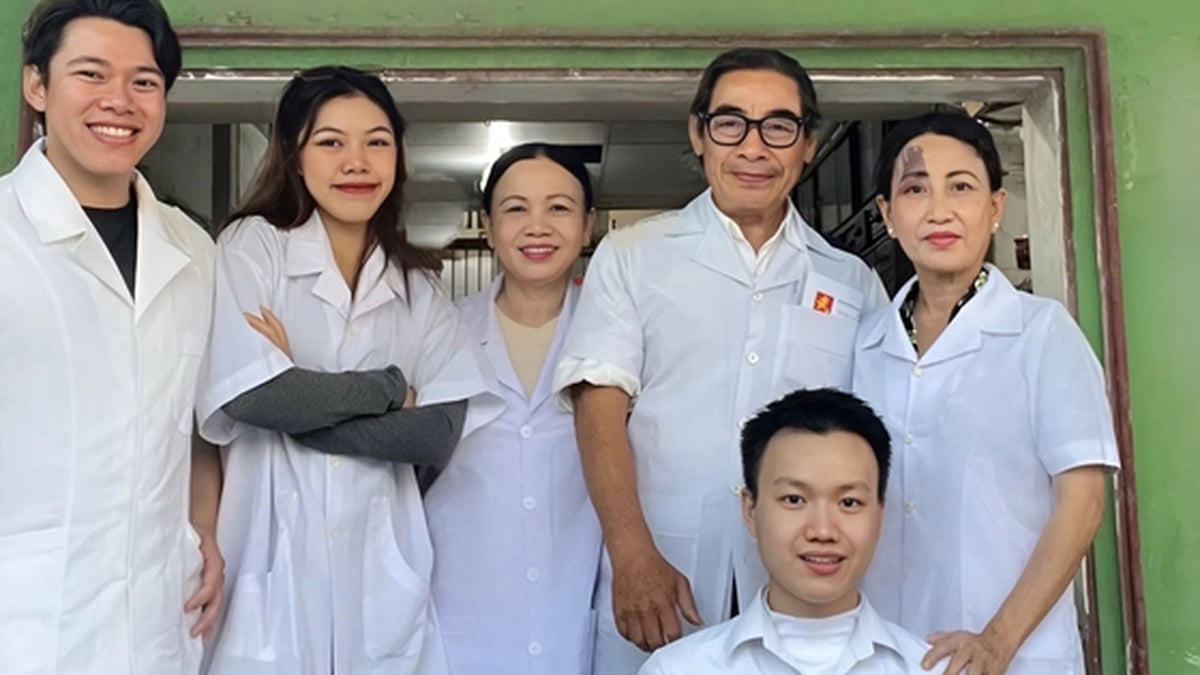























































































Comment (0)